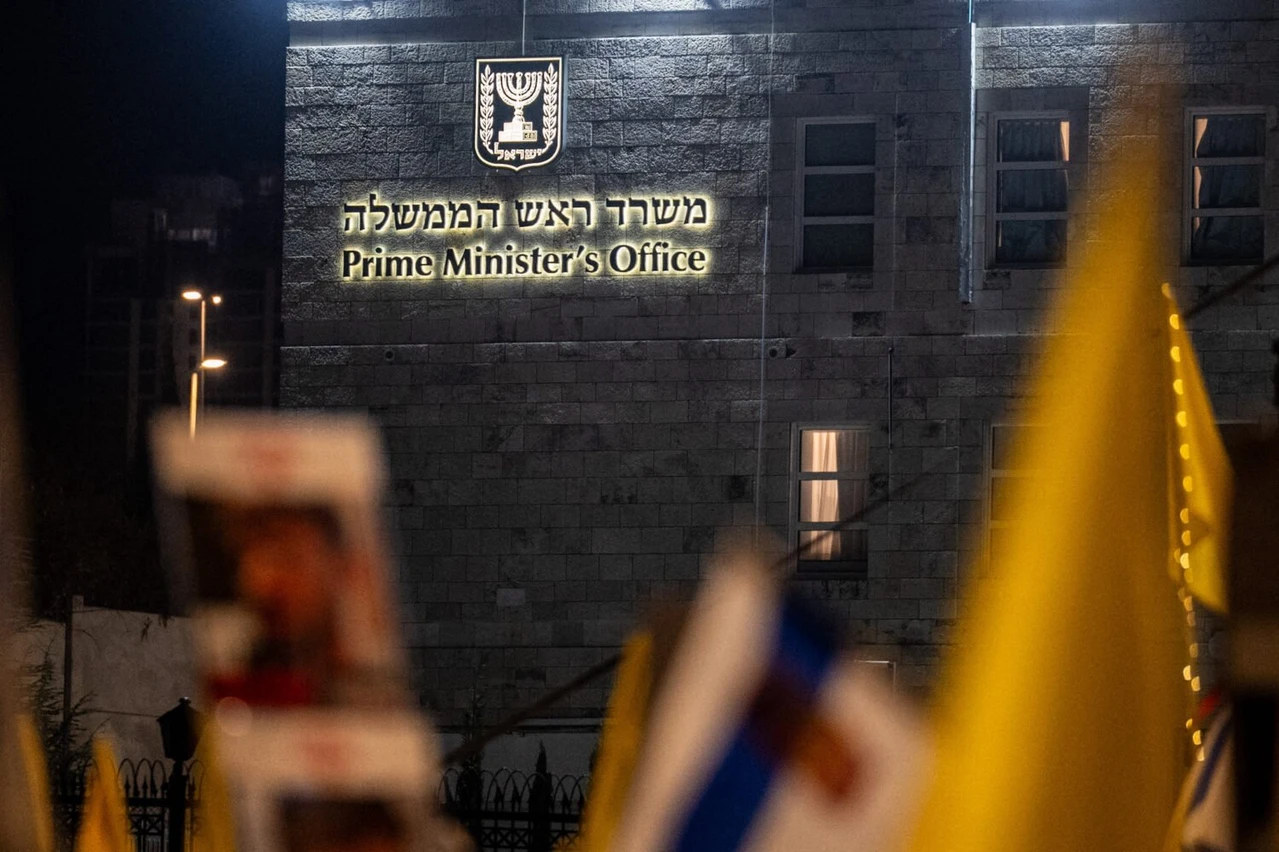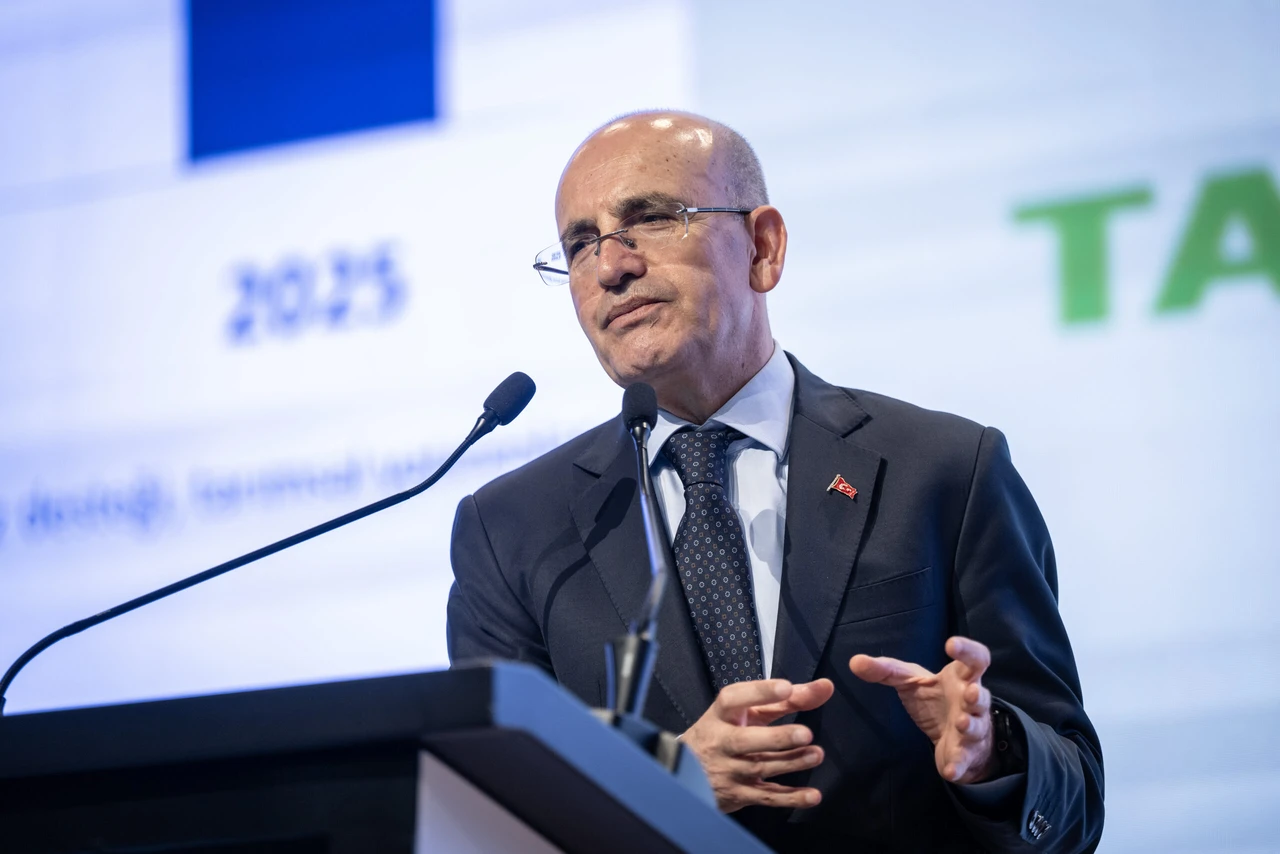Türkiye, Israel discuss Syria deconfliction line to prevent military clashes: Report
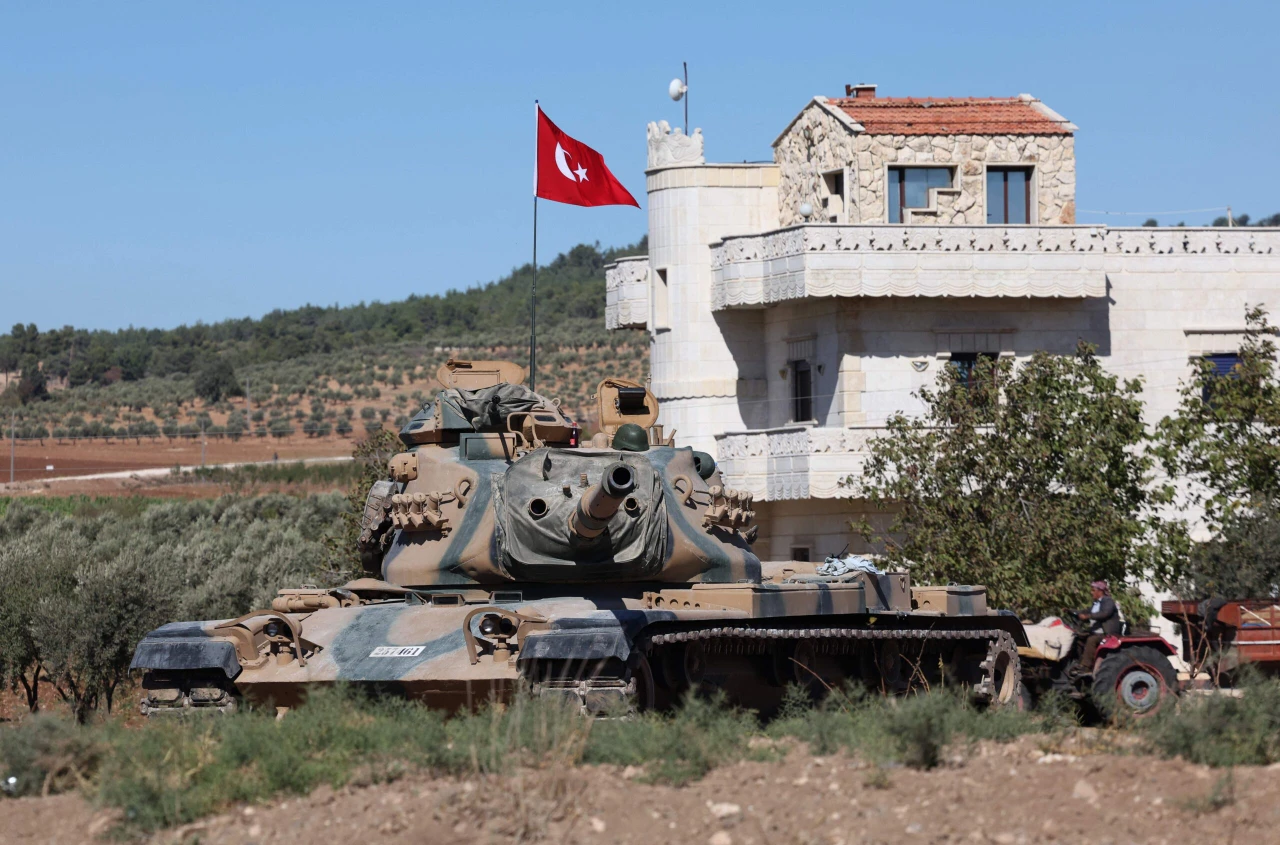 A Turkish army tanks is deployed near the area of Kafr Jannah on the outskirts of the Syrian town of Afrin on October 19, 2022. (AFP Photo)
A Turkish army tanks is deployed near the area of Kafr Jannah on the outskirts of the Syrian town of Afrin on October 19, 2022. (AFP Photo)
Türkiye and Israel have entered discussions over the establishment of a deconfliction line in Syria aimed at preventing direct clashes and avoiding misunderstandings between their militaries, according to two Western officials who spoke to Middle East Eye (MEE).
The talks follow a series of Israeli airstrikes in Syria last week, which targeted military facilities, including the Hama Air Base and the Tiyas Airbase (T4) in Homs—just before Türkiye was set to send a technical team to inspect and assess T4 for reconstruction.
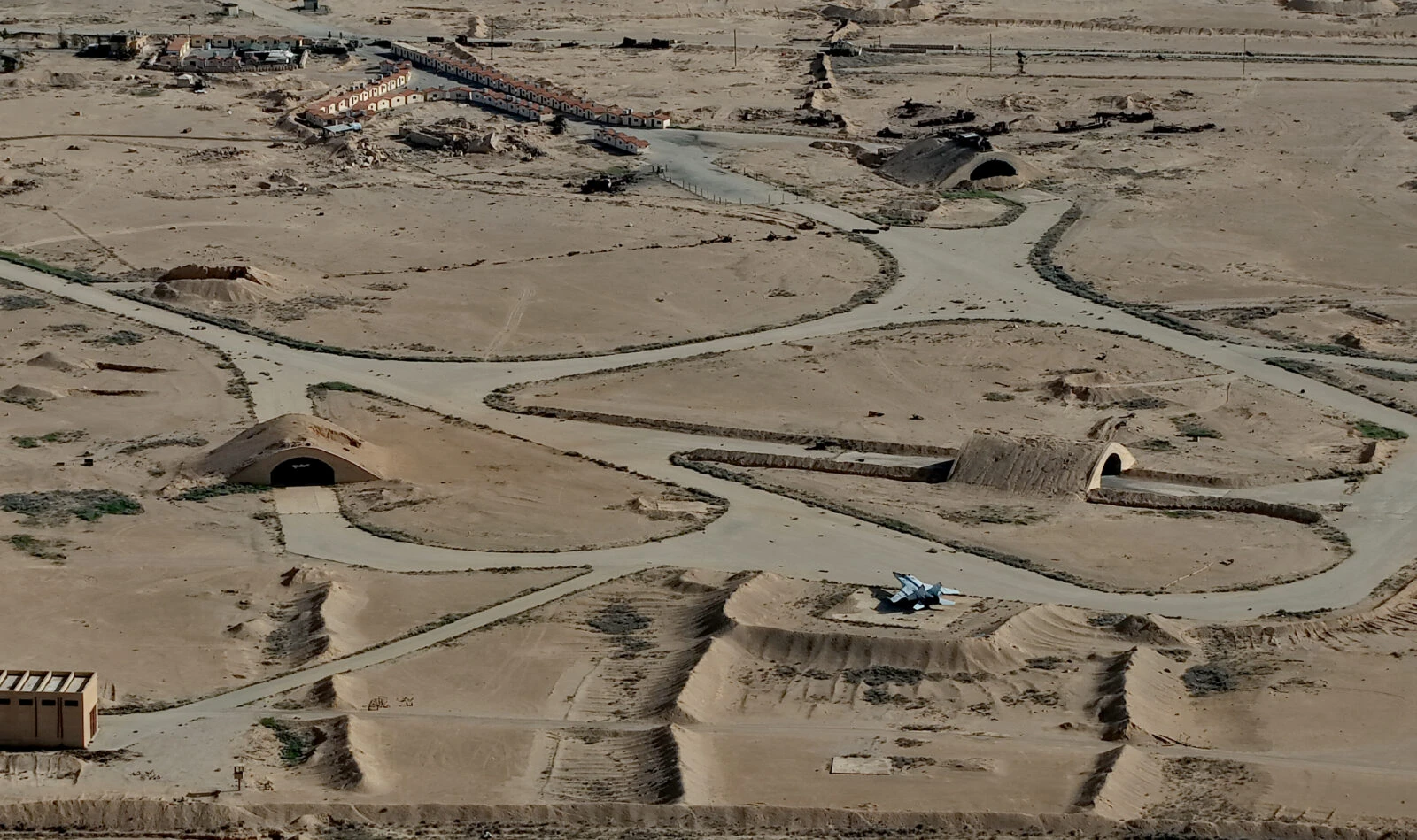
Israeli strikes preceded Turkish deployment at T4 Airbase
According to the officials, Israeli Prime Minister Benjamin Netanyahu told his counterparts that Israel acted within a limited window before Turkish assets were deployed at T4.
He reportedly acknowledged that once Türkiye positioned its forces at the base, it would become off-limits for Israeli operations.
Israeli Prime Minister Benjamin Netanyahu recently said Monday that Israel “wants to avoid” any conflict with Türkiye, following talks with United States President Donald Trump at the White House.
“We don’t want to see Syria being used by anyone, including Türkiye, as a base to attack Israel,” amid speculation that Türkiye and Syria are preparing to sign a joint defense agreement, reportedly including an agreement to deploy Turkish forces to the T4 airbase in Palmyra, Syria.
Türkiye had reportedly planned to deploy surveillance systems and drones at the T4 airbase, as well as install Hisar-type air defense systems. The temporary deployment of Russian-made S-400 systems is also allegedly under consideration until reconstruction is complete.
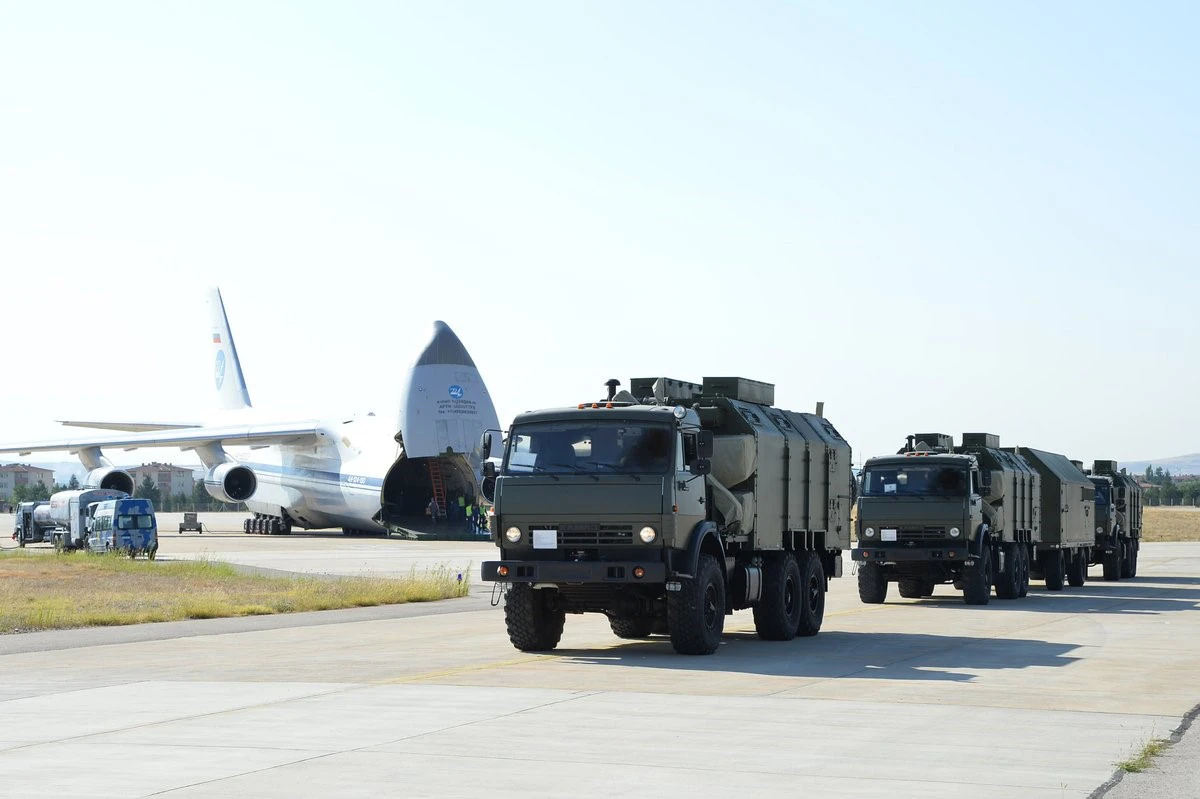
Deconfliction talks underway following rising tensions
Two Western sources indicated that there has been progress in the talks.
A source familiar with the situation noted that negotiations on a Syria deconfliction line began immediately after the Israeli airstrikes.
“Both Israeli and Turkish officials issued matching statements the same day, signaling they do not seek conflict in Syria,” the source said, describing the messaging as “coordinated.”
Türkiye: No intention of confrontation in Syria
Turkish Foreign Minister Hakan Fidan told Reuters on Friday that Türkiye does not aim for confrontation with Israel in Syria. A senior Israeli official echoed the exact phrasing, suggesting an alignment between the two governments.
Although Israel has publicly voiced concern over Türkiye’s military footprint in Syria, the source suggested Tel Aviv is prepared to tolerate Turkish bases in Hama and Palmyra as part of a deconfliction understanding.
Israel’s core concern remains the preservation of its “operational freedom” in Syrian airspace.
The potential deployment of Turkish air defenses could complicate Israeli military access and operations.
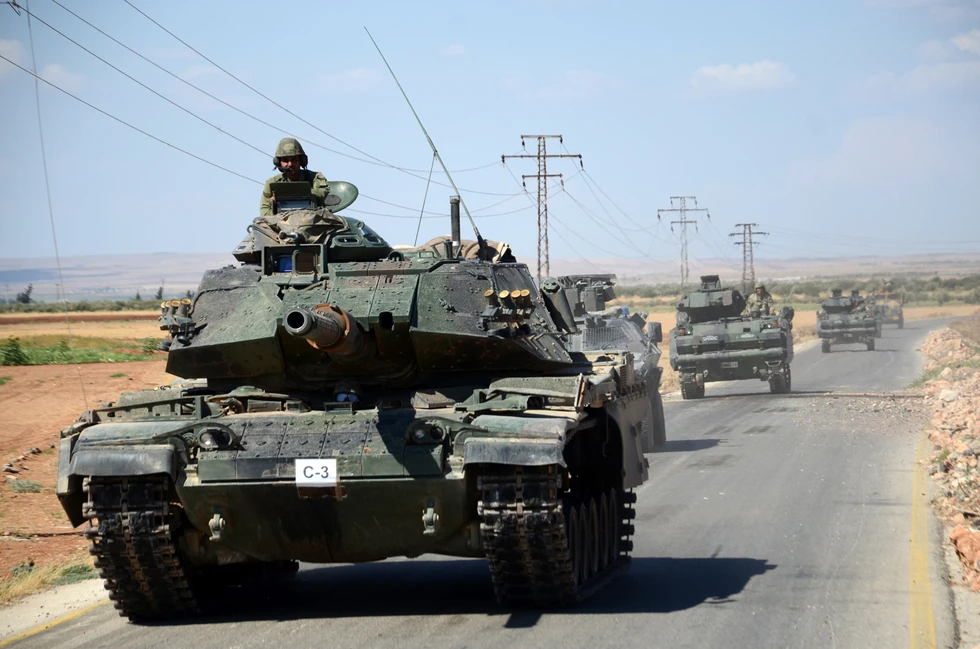
Shifting power dynamics following Assad’s fall
The collapse of President Bashar al-Assad’s regime in December 2024 has reshaped the regional landscape.
Türkiye has emerged as a key power in post-Assad Syria, raising alarms in Tel Aviv, which now sees Ankara as a potentially greater regional challenge than Iran.
Since December 2024, Türkiye and Damascus have been negotiating a defense agreement.
The proposed deal would allow Türkiye to offer air cover and military protection to the newly forming Syrian government, which currently lacks a functioning national army.
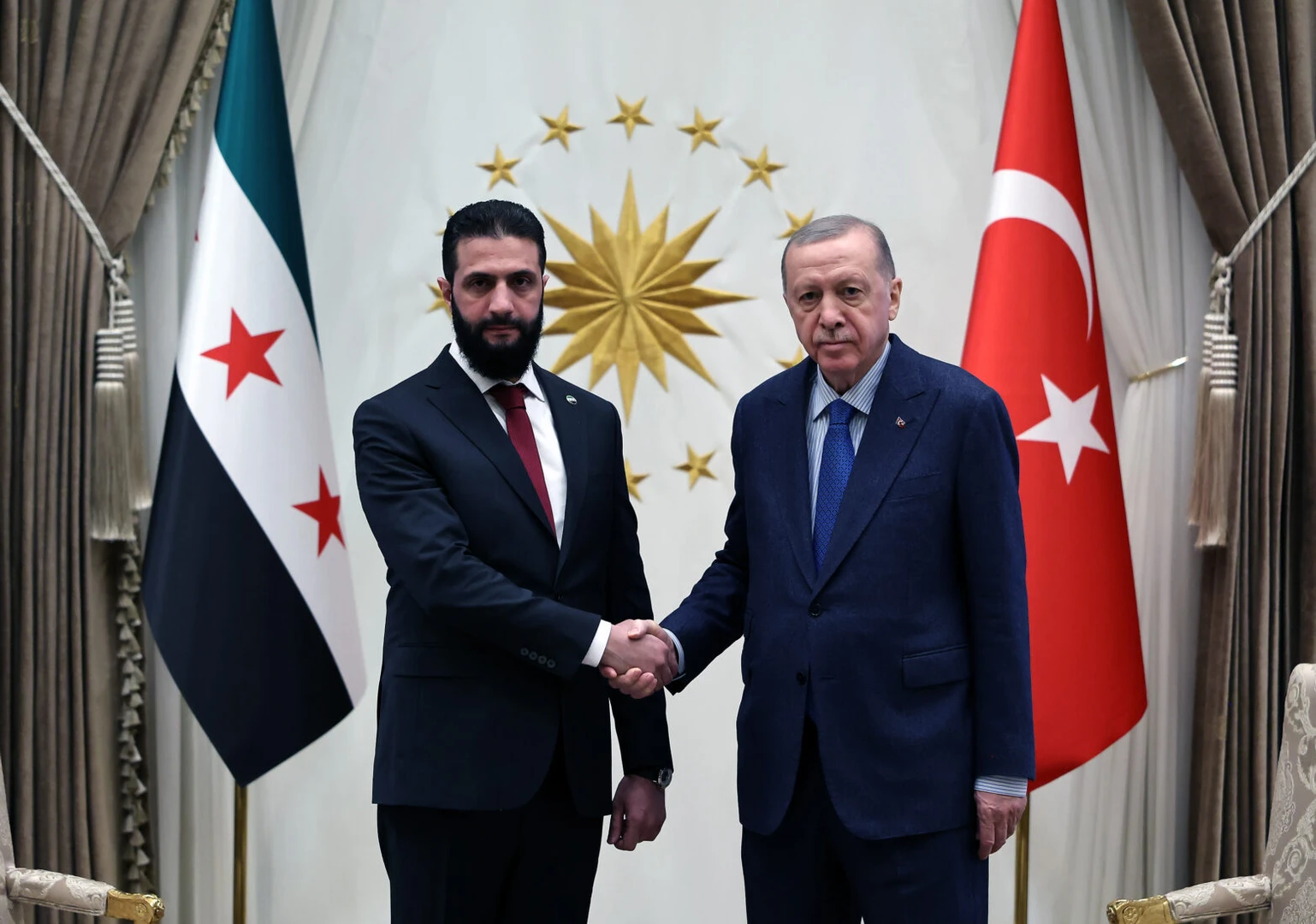
Türkiye plans expanded anti-Daesh operations
Ankara also intends to scale up operations against the Daesh terrorist group, a move that aligns with U.S. conditions for military withdrawal from the region. Turkish officials say they are preparing to establish military bases in eastern Syria as part of this campaign.
As the U.S. pulls back, Türkiye is working to build a regional platform that includes Jordan, Lebanon, Syria, and Iraq to sustain counter-Daesh operations.
The T4 and Palmyra bases are considered essential for locating and neutralizing remaining Daesh cells.
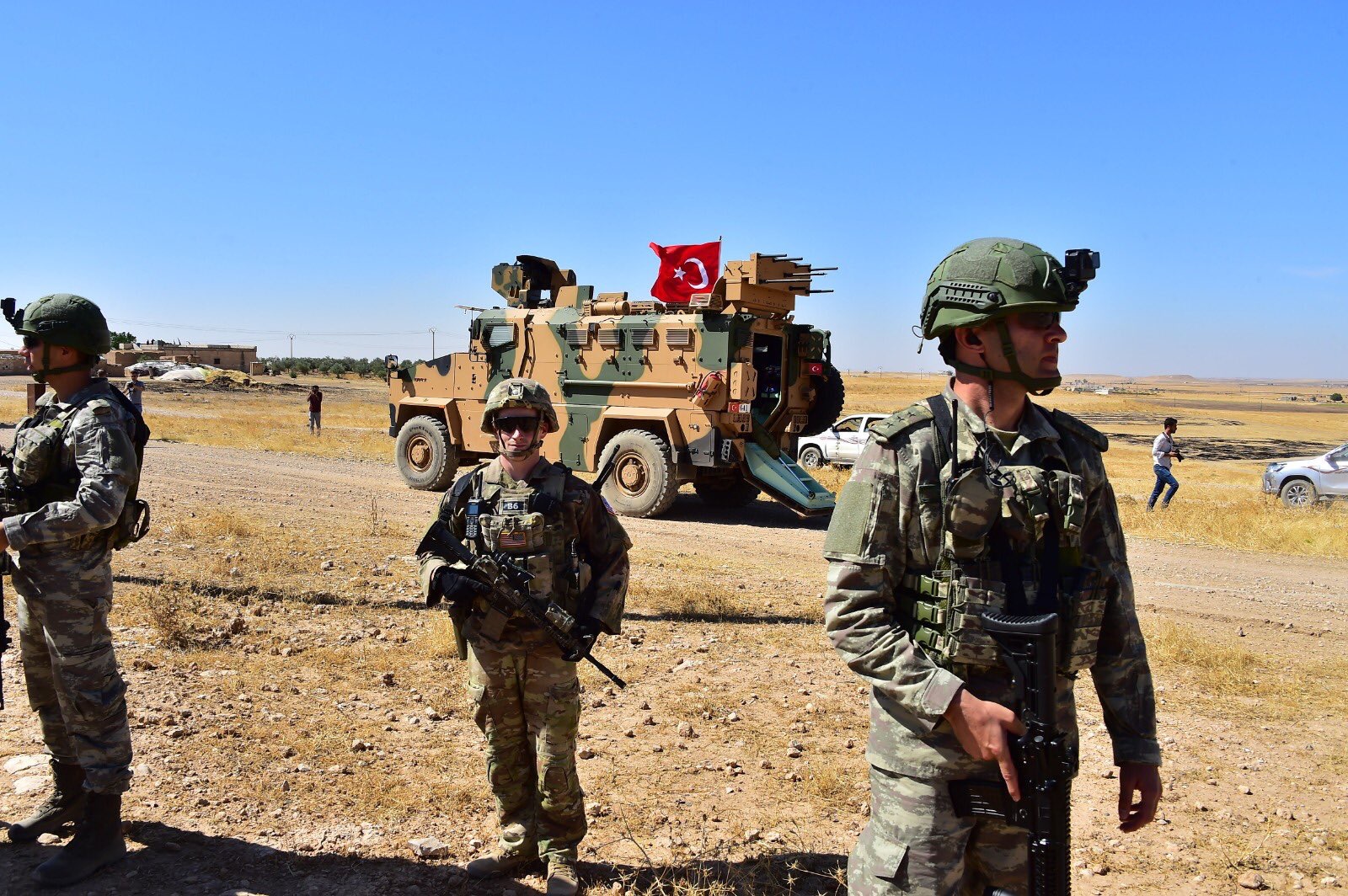
US role remains central
A source familiar with Turkish-Israeli tensions emphasized the continuing influence of the United States: “The U.S. remains the final arbiter in Syria, and it appears Washington wants both Israel and Türkiye to de-escalate tensions.”
The Turkish Defense Ministry did not respond to requests for comment. Middle East Eye also contacted the Israeli foreign ministry for clarification.
On Friday, Fidan stated, “We cannot speak on behalf of the Syrians. Syrian security should be determined by the Syrians themselves. If they want to have understandings with the Israelis, that is their business.”


